Recent comments by Danny Ryan, often referred to as the beacon chain’s mastermind, have sent ripples through the Ethereum community. In a candid interview, Ryan called out Lido and similar protocols, claiming they pose a systemic threat to Ethereum’s foundational values and its core consensus mechanisms.
The crux of Ryan’s concern revolves around Lido’s growth. Lido has now amassed nearly one-third of all ETH staked. In the world of consensus mechanisms, surpassing thresholds like one-third or half gives a participant significant influence, potentially enabling them to disrupt consensus in fatal ways. This doesn’t just signify a potential centralization risk; it could erode Ethereum’s value proposition as a decentralized platform.
Why Lido Is A “Systemic Threat” To Ethereum
Ryan shared a poignant reflection on the broader implications of Lido’s unchecked growth: “Lido or some similar protocol that short-circuits the economics and essentially forms a cartel, has its own governance token owned by a bunch of VCs, is a systemic threat to Ethereum.” He went on to address the community’s inaction, suggesting that their nonchalance in the face of Lido’s expansion was a troubling sign for Ethereum’s commitment to decentralization.
He further remarked that “most token allocations these days are VC controlled by a handful of people […] a shitty instance on-chain.” Ryan further questioned the sustainability of such centralized governance, pointing out the risks associated with regulators targeting influential individuals or entities.
Because it’s just a corporatization, a centralization and a systemic threat. What happens when a regulator realizes that 3 people control the vote? I got 3 doors to knock on, easy.
While Ethereum is “not perfect”, a shutdown of Lido by regulators could lead to serious issues for the network. “We will have an issue with the liveliness of the network. The liveness being the finality, not necessarily the availability of the chain, you could make some decisions, but it will not be economically final decisions,” Ryan stated.
If Lido persists on its trajectory without imposing any self-limits, the Ethereum community may resort to dire measures. This could range from socially ostracizing Lido, such as creating a soft fork where non-Lido validators dismiss Lido’s attestations, leading to a potential ETH loss from inactivity leaks.
In extreme cases, a hard fork to divest Lido’s assets could be on the table, a move that Ryan indicates would be catastrophic not only for Lido stakeholders but for the entire Ethereum ecosystem. This is because it could instigate what can best be described as a blockchain “civil war.”
Why LSDs Need To Be Non-Profit
Ryan’s words gain more weight when contextualized with his recent article. The post titled “Liquid Staking Derivatives cannot safely exceed consensus thresholds” delves deep into the perils of Liquid Staking Derivatives (LSD) like Lido. It cautions about the cartelization of block space when such platforms surpass critical consensus thresholds.
The article indicates that these platforms, while not inherently flawed, encounter inherent risks when they exceed such consensus limits. He elucidates on the potential consequences like outsized profits compared to non-pooled capital due to coordinated MEV extraction, block-timing manipulation, and censorship.
Furthermore, Ryan’s article presents a binary choice for LSD protocols on their governance structure. Either they allow governance to decide node operators, introducing major risks including cartel behaviors or they resort to economic and reputation-based criteria, which could inadvertently lead to automated cartelization.
In Ryan’s perspective, staked ETH doesn’t necessarily equate to an Ethereum user. Therefore, should LSD protocols allow their ETH stakeholders a say in their governance, it wouldn’t necessarily represent the broader Ethereum user base.
Ryan’s remarks, while alarming, come from a place of genuine concern for Ethereum’s long-term health. His call to action is clear: LSD products like Lido should self-impose limits for their own good, and those allocating capital should recognize the risks and ideally avoid LSDs with more than 25% of total staked Ether.
Ryan is not the first to point out the potential impact of Lido’s dominance. In August, X user Superphiz.eth warned that the protocol should not be allowed to gain more market share. As such, the platform has been asked to impose a self-limit rule.
However, stakeholders of the protocol, which currently commands a 32.4% dominance of the liquid staking market, already voted against a self-limit rule by an overwhelming 99.81%.
At press time, ETH traded at $1,614.
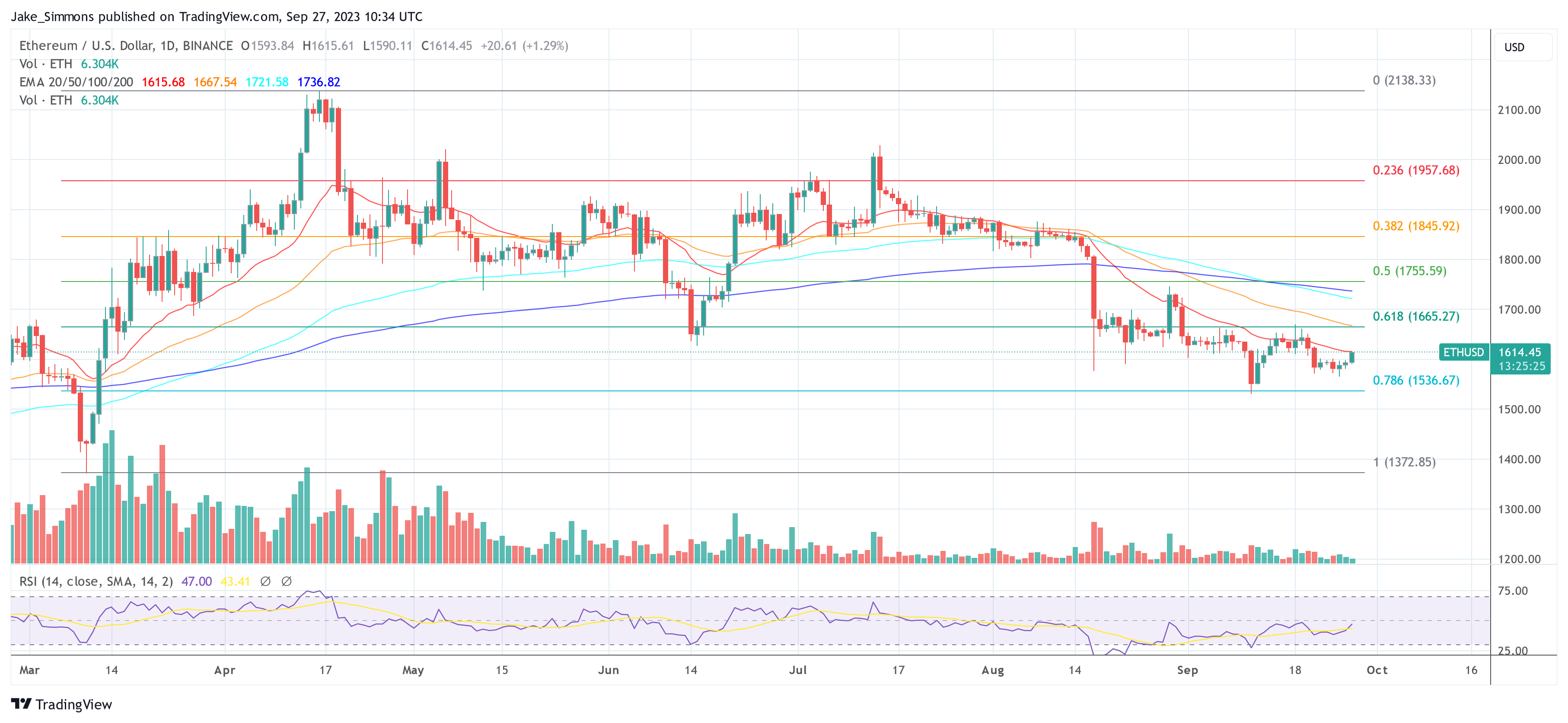

You can get bonuses upto $100 FREE BONUS when you:
💰 Install these recommended apps:
💲 SocialGood - 100% Crypto Back on Everyday Shopping
💲 xPortal - The DeFi For The Next Billion
💲 CryptoTab Browser - Lightweight, fast, and ready to mine!
💰 Register on these recommended exchanges:
🟡 Binance🟡 Bitfinex🟡 Bitmart🟡 Bittrex🟡 Bitget
🟡 CoinEx🟡 Crypto.com🟡 Gate.io🟡 Huobi🟡 Kucoin.





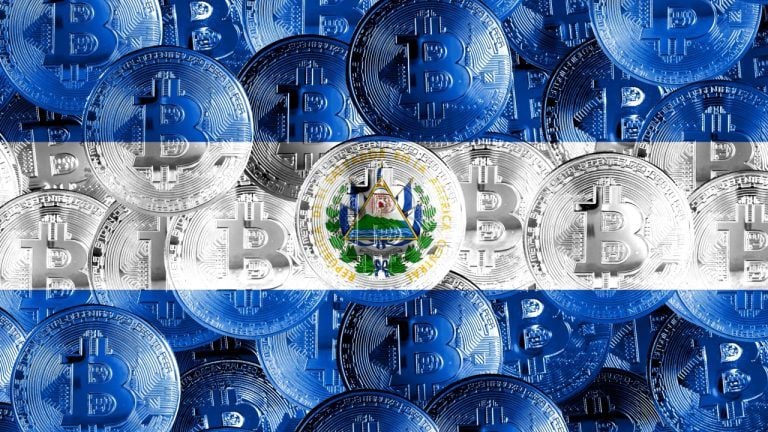






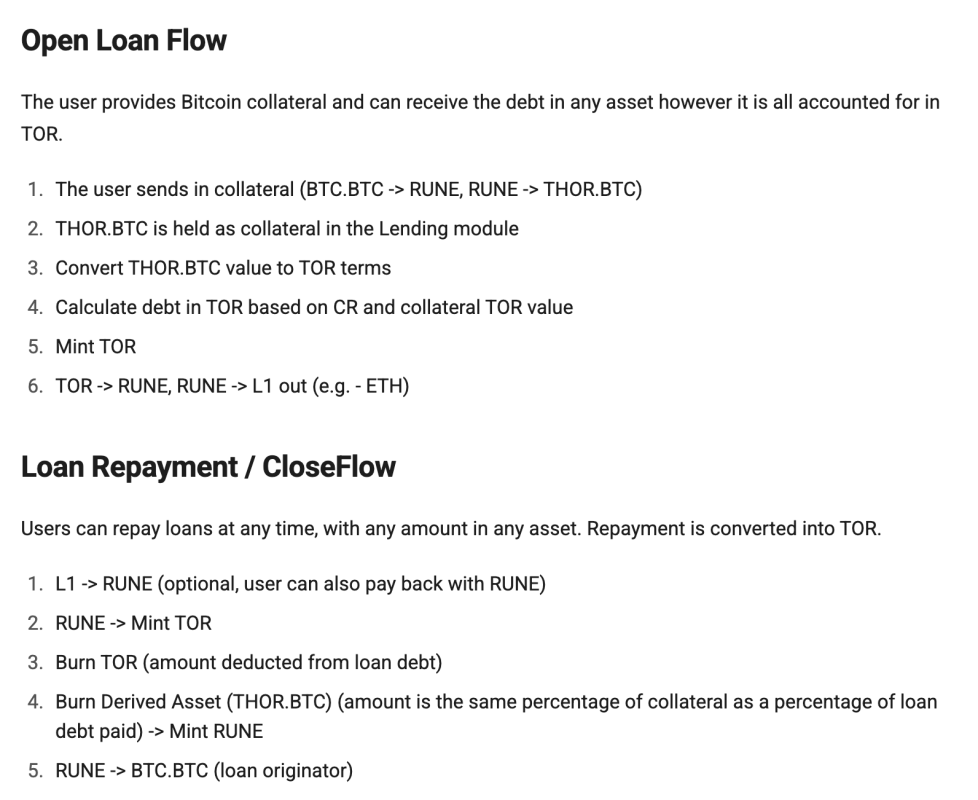





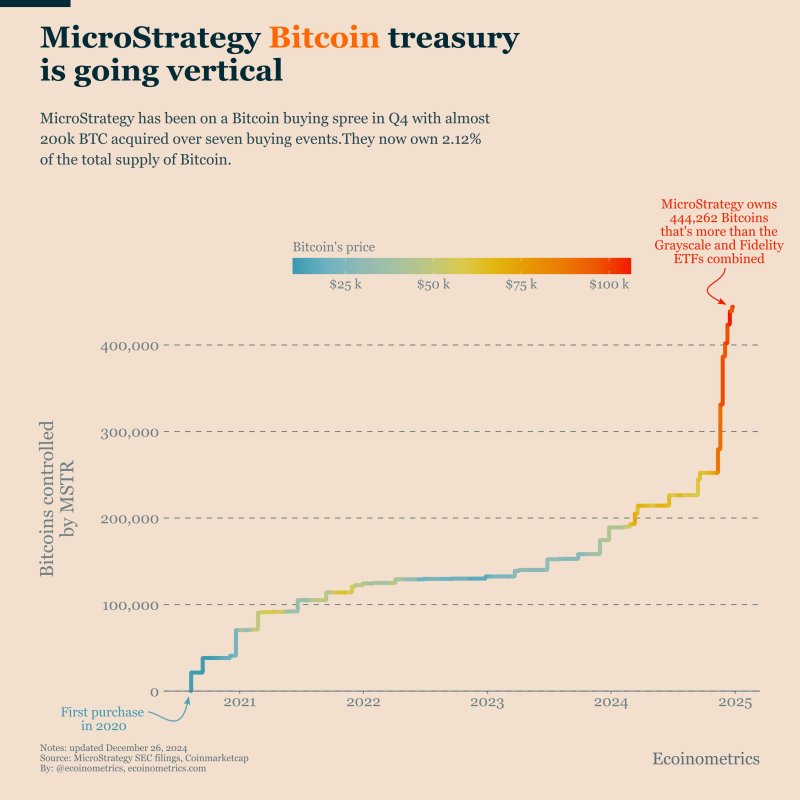
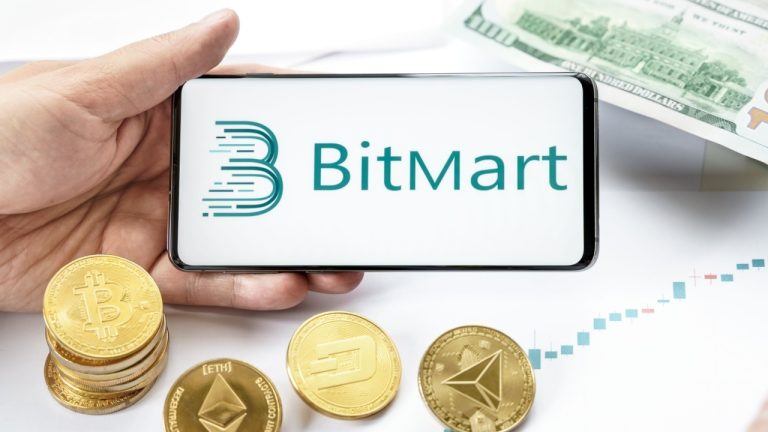
Comments